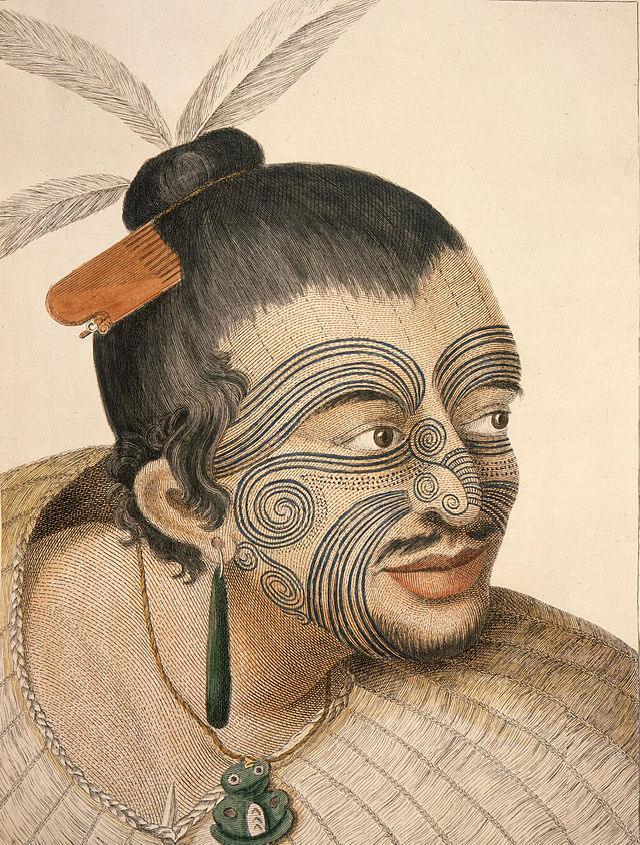SEE this about a 35-year-old mother of four in today’s Daily Mail. These are gruesome images. Please don’t look at them while children are nearby. Notice how the woman justifies her appearance because she suffered domestic abuse. She may very well be the victim of beatings or torture. She has gone on to inflict horror on others.
By the way, the recent discussion of tattoos continues. In that entry, I responded to a photo sent by a reader of a tattoo that is particularly tasteful, at the opposite end of the spectrum from the tattooed monster above. However, I said I did not find the far more tasteful image beautiful. (Leaving aside the obvious reality that a woman who has gone to such lengths to ornament her torso is unlikely to keep it private, as the photo proves.) I wrote:
I don’t find the image beautiful because it is on skin and thus calls to mind 1) the pain involved in receiving or removing the tattoo and 2) the inevitable appearance of this tattoo 30 years from now.
The skin is the most sensitive of human organs, the medium of exquisite contact with the physical world and with other human beings. It is sensitive to pain and pleasure like no other part of our bodies. There is nothing more beautiful in the young. It records time and change as if a sculptor was assigned to each one of us. I cannot understand leaving our own inferior impressions, however tasteful or artistic they may be, on what is so finely and mysteriously wrought. We must experience some injury to our awareness of what skin is or, by some misfortune of fate or congenital deficiency, never have possessed it in the first place, before we are tattooed.
(more…)


